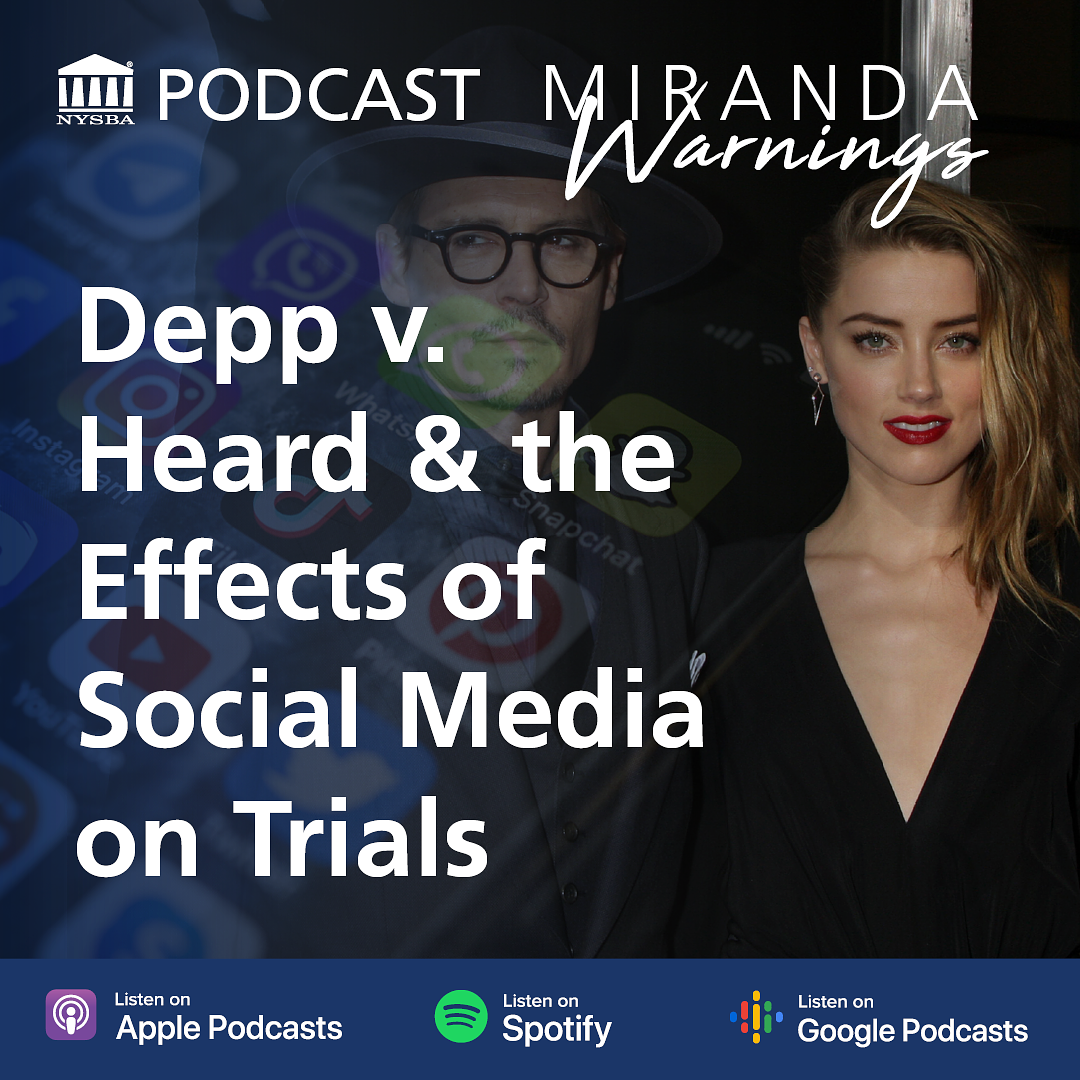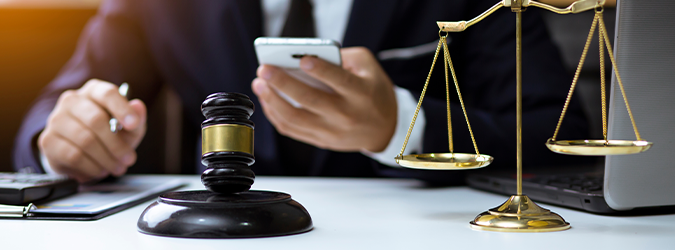Catching Up to Technology: Using Social Media Posts as Evidence
4.29.2021
To many outside the legal world, the images and videos posted on social media during the Capitol insurrection on Jan. 6 would seem to be enough to press charges.
During a recent New York State Bar Association webinar, “Criminal Investigations and Social Media, Geolocation, and the Capitol Riots,” panelists discussed how content posted on social media and geolocation data can be used by prosecutors to bring indictments against defendants.
Carrie Cohen, former Assistant U.S. Attorney in the Southern District of New York and partner at Morrison Foerster in Manhattan, said it’s not as simple as pulling a photo or post from Facebook, Twitter or Instagram when dealing with a criminal investigation. As a defense attorney, she has seen a rise in such evidence and advises lawyers to question its accuracy.
“We have to do a lot of our own homework and a lot of our own investigatory homework,” she said. “I don’t know that we should always be accepting the government’s view that the photo they have from a witness is a true and accurate photo of a client.”
The fourth amendment in the U.S. Constitution protects individuals from unreasonable search and seizures. For many years, this right protected a person’s home until it was expanded to include a person’s cars and now, in the age of smartphones, the question is how far that definition will expand.
Panelist Parvin Moyne, partner at Akin Gump Strauss Hauer & Feld, agreed with Cohen that smartphone users are unaware of how much data they share and how they could be brought in for questioning simply because a phone established they were near the scene of a crime.
“When you’re dealing with Constitutional rights, you want clear rules so that everyone knows how to play,” Cohen said. “Law enforcement, especially, needs to know where the line is and right now, while the courts are playing catch-up, it will continue to be hard for them to know where to draw the lines and for people to know what they can and can’t expect to be private.”
The U.S. Supreme Court, in its most recent case on cellphone data, Carpenter v. United States, ruled 5-4 that the government needs a warrant for cell-site data. That 2014 opinion was the third time that the Supreme Court ruled against the government in a technology case.
“Technology is constantly changing and law enforcement is using new technology to aid their investigations,” Moyne said. “I think the courts are really struggling with the traditional framework of what do people expect to be private when it comes to their smartphones.”






